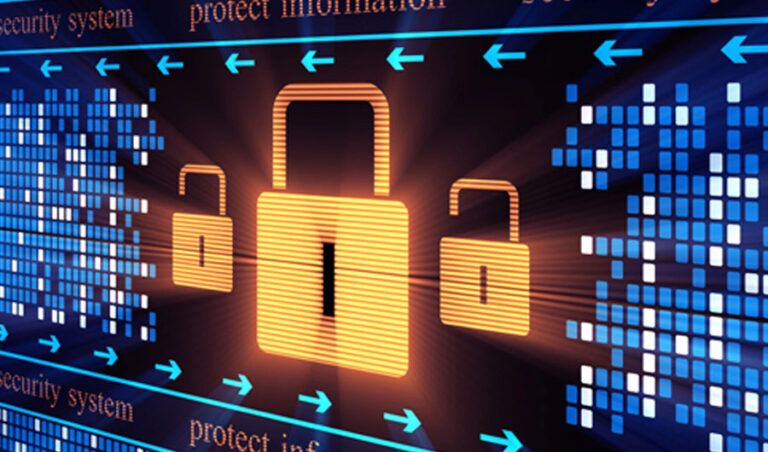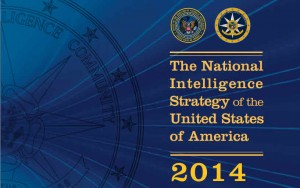New GAO testimony entitled, “Cyber Threats Facilitate Ability to Commit Economic Espionage.” Executive Summary:
The nation faces an evolving array of cyber-based threats arising from a variety of sources. These sources include criminal groups, hackers, terrorists, organization insiders, and foreign nations engaged in crime, political activism, or espionage and information warfare. These threat sources vary in terms of the capabilities of the actors, their willingness to act, and their motives, which can include monetary gain or political advantage, among others.
Moreover, potential threat actors have a variety of attack techniques at their disposal, which can adversely affect an organization’s computers or networks and be used to intercept or steal valuable information. The magnitude of the threat is compounded by the ever-increasing sophistication of cyber attack techniques, such as attacks that may combine multiple techniques. Using these techniques, threat actors may target individuals and businesses, resulting in, among other things, loss of sensitive personal or proprietary information.
These concerns are highlighted by reports of cyber incidents that have had serious effects on consumers and businesses. These include the compromise of individuals’ sensitive personal data such as credit- and debit-card information and the theft of businesses’ IP and other proprietary information. While difficult to quantify monetarily, the loss of such information can result in identity theft; lower-quality counterfeit goods; lost sales or brand value to businesses; and lower overall economic growth and declining international trade. . . .
Examples from the report:
• In March 2012, it was reported that a security breach at Global Payments, a firm that processed payments for Visa and Mastercard, could compromise the credit- and debit-card information of millions of Americans. Subsequent to the reported breach, the company’s stock fell more than 9 percent before trading in its stock was halted. Visa also removed the company from its list of approved processors.
• In March 2012, it was reported that Blue Cross Blue Shield of Tennessee paid out a settlement of $1.5 million to the U.S. Department of Health and Human Services arising from potential violations stemming from the theft of 57 unencrypted computer hard drives that contained protected health information of over 1 million individuals.
• In April 2011, Sony disclosed that it suffered a massive breach in its video game online network that led to the theft of personal information, including the names, addresses, and possibly credit card data belonging to 77 million user accounts.
• In February 2011, media reports stated that computer hackers had broken into and stolen proprietary information worth millions of dollars from the networks of six U.S. and European energy companies.
• A retailer reported in May 2011 that it had suffered a breach of its customers’ card data. The company discovered tampering with the personal identification number (PIN) pads at its checkout lanes in stores across 20 states.
• In mid-2009 a research chemist with DuPont Corporation reportedly downloaded proprietary information to a personal e-mail account and thumb drive with the intention of transferring this information to Peking University in China and also sought Chinese government funding to commercialize research related to the information he had stolen.
• Between 2008 and 2009, a chemist with Valspar Corporation reportedly used access to an internal computer network to download secret formulas for paints and coatings, reportedly intending to take this proprietary information to a new job with a paint company in Shanghai, China.
• In December 2006, a product engineer with Ford Motor Company reportedly copied approximately 4,000 Ford documents onto an external hard drive in order to acquire a job with a Chinese automotive company.












